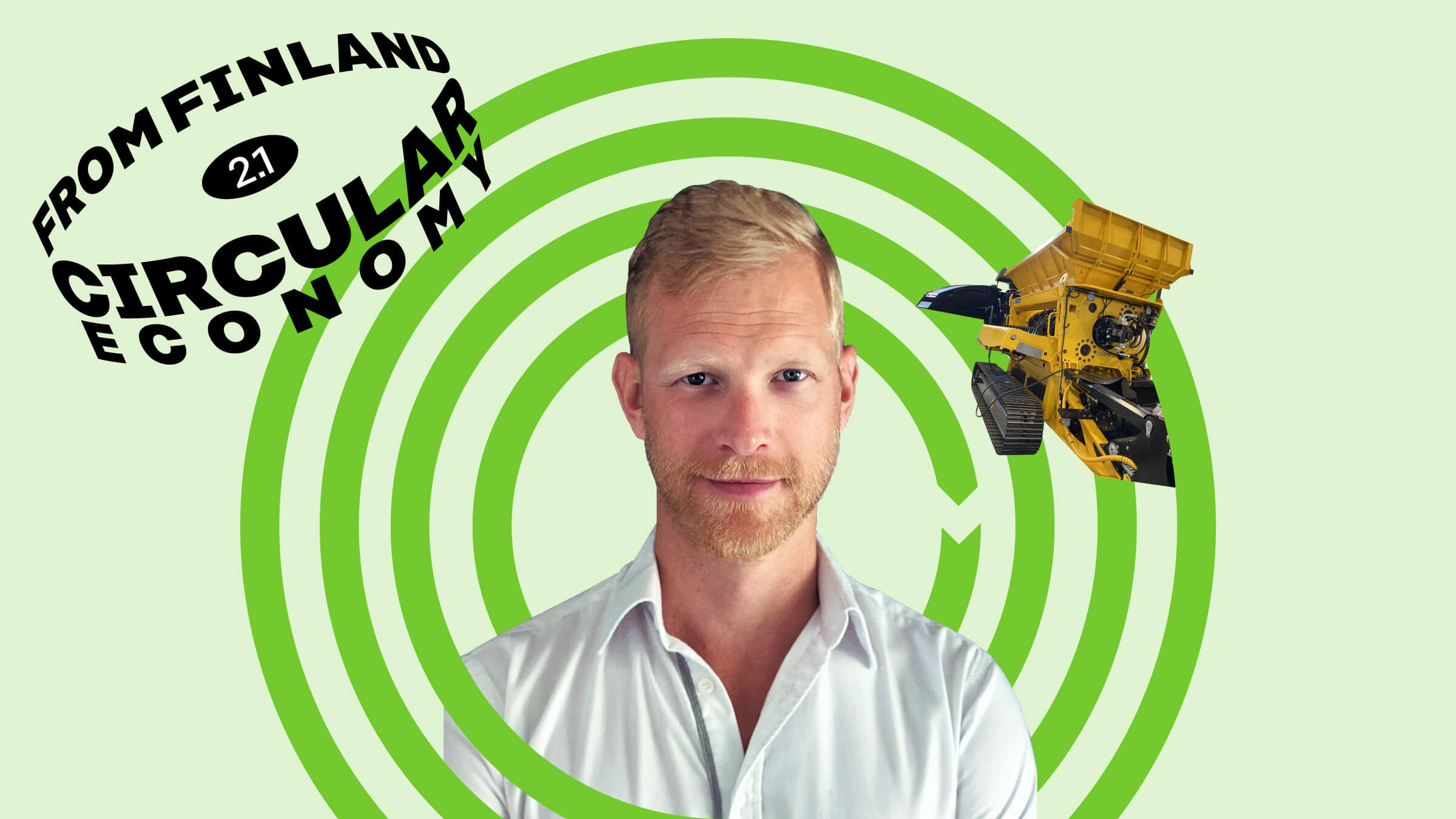“Combi Works started in 2005 from an army tank factory that a friend of ours was a director of in Russia. The factory had been standing almost inactive since the collapse of the Soviet Union and the owner did not know what to do with it. We decided to manufacture well-hole covers and sell them to Finland. This way, we made use of the foundry capacity of the old factory dating from the Soviet era.
We extended the idea to the mechanical engineering sector. We reflected on how to offer our customers a production chain that is flexible when needed and does not require large continuous investments in equipment. The idea was to free up companies’ investment resources from manufacture to product development and take advantage of the surplus capacity of already existing factories.
Today, Combi Works offers factory production as a service to companies. In practice, companies can outsource the manufacture and logistics of their products to us. We find the most suitable and cost-effective solutions for them and manage and optimise the production chains.
We do not own any factories ourselves. Instead, we take advantage of the underused capacity of existing factories for our customers. The production is not tied to a certain place, capacity or methods as we can manufacture the products where it is most sensible to do it.
For example, if our customer is going to sell production lines to China, we can manufacture a large part of the heaviest equipment in China. This saves time and freight costs and reduces the environmental emissions caused by transport. At the same time, the production equipment of factories is used as efficiently as possible and our customers do not need to spend money and natural resources on building factories of their own. Taking advantage of the existing resources as efficiently as possible instead of building more and more new factories is part of the circular economy.
Our customers include companies from the mechanical engineering sector and manufacturers of equipment in the sorting and recycling of waste, in particular. We currently manufacture products in Finland, Lithuania, Estonia, Latvia, China, India, Slovakia, the Czech Republic and Romania.
In the past few years, responsibility aspects have become critical for the boards of directors of companies. Because we manage the production ecosystems of several companies, we can easily compare different options for production and enhance the supply chain by combining the needs of several companies. This way, we gain a lot of information for planning the production chains and can take into account the responsibility criteria better than before. In the future, our goal is to collect even more information on production chains, such as carbon footprint data, so that we can make production even more responsible.”










Suosittelemme
Vielä yksi